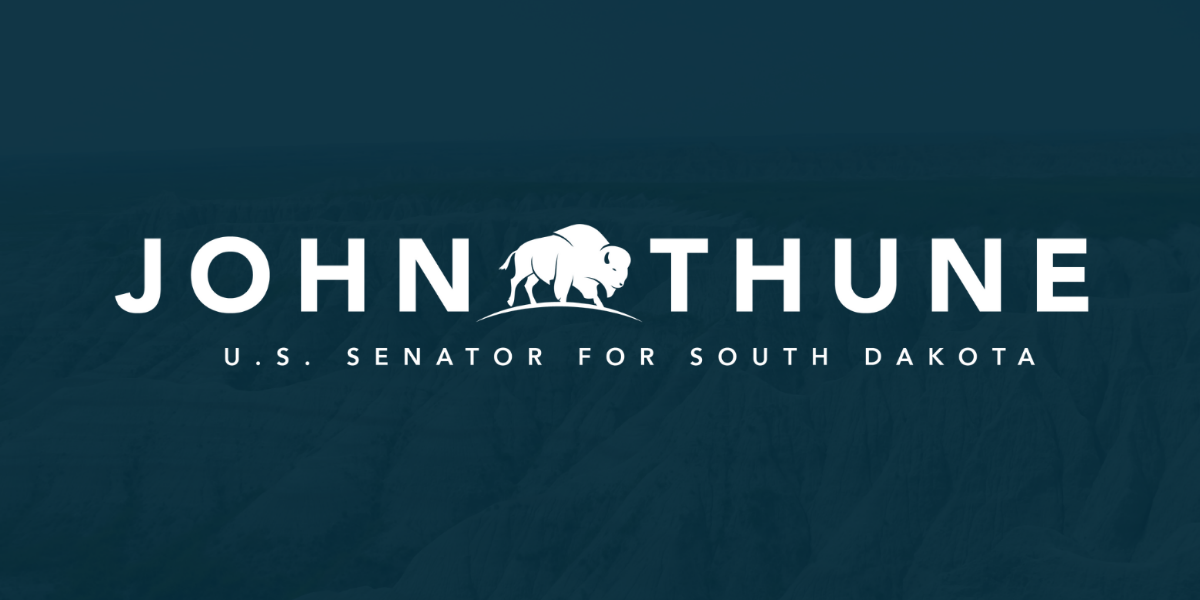Source: United States Senator for South Dakota John Thune
South Dakotans know all too well the impacts that ill-considered regulations from Washington can have on a farm, ranch, small business, or family budget. Lately, we’ve seen no shortage of regulations from the Biden administration that place new burdens on hard-working people. But the president’s regulatory power is not without limit. In our system of checks and balances, the courts and Congress have the power to hold the White House accountable and even block excessive use of executive power.
Last year, the Biden administration put forward two of its most significantly burdensome executive actions. The Waters of the United States (WOTUS) rule would have given the federal government jurisdiction over most water features on private property, including ponds and potentially ditches, and imposed heavy compliance costs and regulatory burdens on landowners. The president’s student loan giveaway would unfairly put taxpayers on the hook for half a trillion dollars in student loan debt. Both of these actions were challenged in the U.S. Supreme Court, which has already ruled that WOTUS exceeded the president’s authority and will soon rule on the president’s student debt action.
In addition to the courts, Congress has the ability to pass resolutions of disapproval to prevent presidential actions from going into effect. While the president needs to sign these resolutions, it’s a tool that can be used to check excessive use of executive power. Bipartisan majorities in both houses of Congress voted to block the president’s student loan giveaway and the overreaching WOTUS rule. And Republicans are making additional use of this tool to push back on a range of new regulations.
In total, the Senate has disapproved of nine Biden administration actions this year – every one with a bipartisan vote. Many of these rules would unnecessarily impact Americans in service of the president’s radical environmental agenda. One rule limiting truck emissions would add thousands of dollars to the cost of heavy-duty vehicles and possibly drive small trucking operations out of business. Another would allow pension plans to consider environmental, social, and governance factors, not just the best rate of return, when investing American workers’ retirement funds. Others would unnecessarily add delays and red tape to infrastructure, energy, and other projects.
Despite bipartisan rebukes of its regulatory agenda, the Biden administration seems intent to continue pushing for more red tape. The administration recently finalized a rule that threatens to shutter more power plants while the energy industry warns that plants are already closing faster than they can be replaced with new renewable energy. And the Biden administration is also proposing regulations that could limit the availability of gas stoves and gas-powered vehicles over the next few years.
Rather than work with Congress, President Biden has made clear his intent is to advance a progressive agenda through executive action. But that doesn’t mean he can avoid accountability for the costs and other burdens this agenda places on our economy and on hardworking Americans. And it doesn’t mean that Congress won’t still have its say. As we move forward, Republicans will continue to use the Congressional Review Act to push back against excessive regulations and protect Americans’ livelihoods from burdensome red tape.
